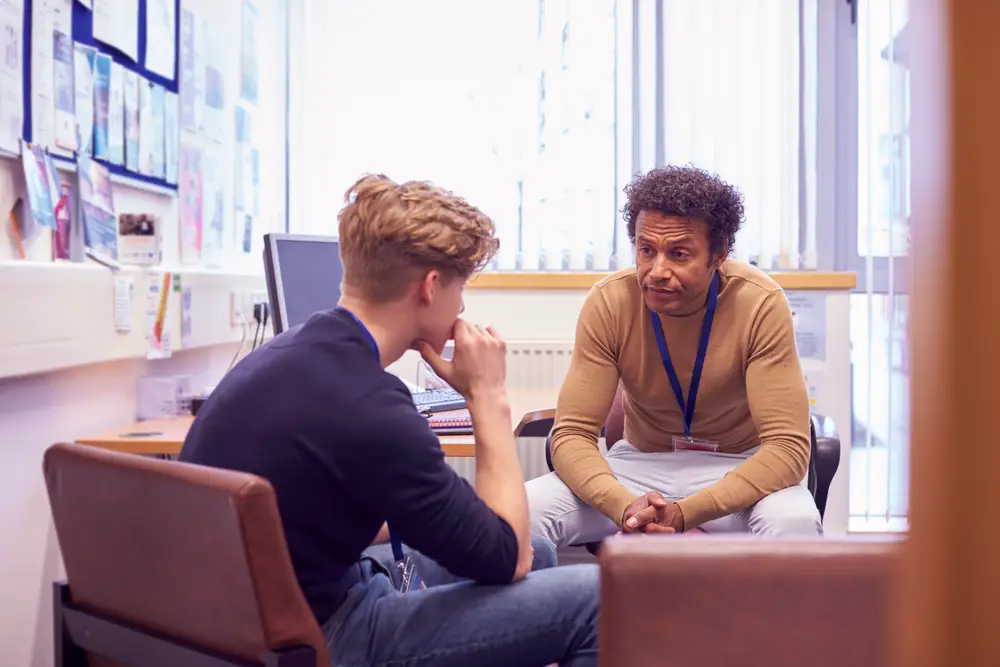Oakland University will suspend therapy fees for students during the upcoming school year to help them cope with the psychological stress brought on by the pandemic.
The usual policy allows students to attend the first six sessions at no cost, with a $12 fee for each additional session. Now, the university will waive those additional fees, excluding tests such as for ADHD, which costs between $1,500 and $2,500.
These services will be open to any Oakland University student as well as faculty and staff. For those who require long-term mental health care, the center has offered to assist them in accessing outside support services.
Pandemic Response
This initiative has been put forth to help alleviate the financial burden on students who need to access mental health services during a very challenging period in their lives.
“I think given everything that our students have been through during the past 15 months, this is a nice way of giving back to them and making mental health help more accessible to anyone who seeks our help,” said OU Counseling Center Director Dr. David Schwartz in a press release.
“We know that mental health support is going to be needed more than ever in the coming year and we want to remove any financial barrier for those who might benefit from counseling,” he added.
The past year has been the center’s busiest season as The Oakland Press reported that roughly 5,500 therapy sessions took place to support 735 students during the 2019-20 academic year.
Schwartz remarked that most of the problems his patients have reported are suicidal thoughts, depression, anxiety, and ADHD. But there seems to be a shift in discussion as most of his patients are now preparing for life after COVID-19.
“In the last month or so, I’ve personally noticed with my caseload of clients, our discussion is shifting more towards a life after the pandemic. I think we can all expect a transition period. There’s going to be a lot of anxiety and awkwardness. Social skills do erode. (I tell students), ‘Give yourself a break and don’t expect yourself to jump into who you were before the pandemic,’” he shared.



